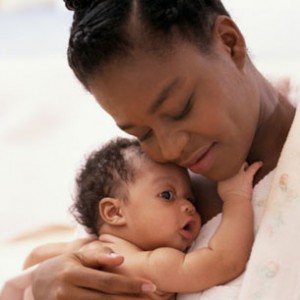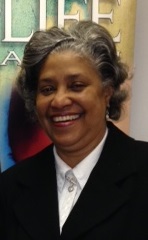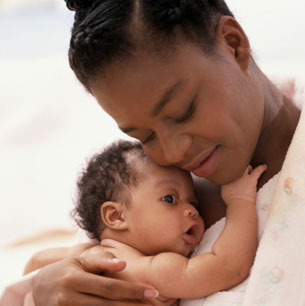By Carla Ezell
Southeast Regional Coordinator, ezell@paprolife.org
Black History Month is a celebration filled with music, dance, and bright colors. The nostalgia of remembering our mothers, fathers, aunts, and uncles who lived colorful lives comes to remembrance. We who are older tell our children and grandchildren about the great actors,  writers, doctors, lawyers, and inventors from the ‘30s and ‘40s who succeeded because they didn’t give up in the face of racism and negativity.
writers, doctors, lawyers, and inventors from the ‘30s and ‘40s who succeeded because they didn’t give up in the face of racism and negativity.
Four hundred years ago, blacks were treated as slaves with no human rights; but today through our hard work and determination, we are able to own a business of any kind and be a part of the political system that makes the laws of the land.
It has been a long journey, full of every imaginable emotion a man or woman can go through. Even though we have had so many accomplishments, we as so many other cultures have been fooled into thinking we can tell our young people it’s OK to kill a child in the womb.
As a Black culture, abortion in the past was not an option. We accepted the gift of a new child knowing the child may have been conceived illegitimately, even by incest or rape. It wasn’t the child’s fault. The child was welcomed as a blessing to the family.
Now we’re listening to organizations like Planned Parenthood and NARAL who promote abortion as a means to a better life. We’re fooled by Planned Parenthood celebrating Black History Month. The abortion giant never tells us that their founder, Margaret Sanger, was a eugenicist who believed people of color were inferior. Adolf Hitler admired her and structured the annihilation of the Jews according to Sanger’s teachings.
We are a culture that can keep secrets, but this is not the time for secrets. Our babies are being aborted at a higher rate than any other race in America. In my city of Philadelphia in 2013, the abortion count was over 15,000. No wonder the schools are closing. In the United States, more than 15 million Afro American children and 57 million children of all races are dead, and millions of women and men are walking around wounded.
Now, we’re going to be facing a bill in Pennsylvania that would legalize doctor-prescribed suicide. Seniors, the disabled, mentally and physically impaired will be targeted. Of course, the issue will be presented as humane; but in reality it’s cost efficient.
Unfortunately, we don’t know our power. We as Afro Americans have to take the time to call our leaders and tell them, we don’t want abortion or doctor-prescribed suicide.
We keep forgetting: Our leaders work for us.


